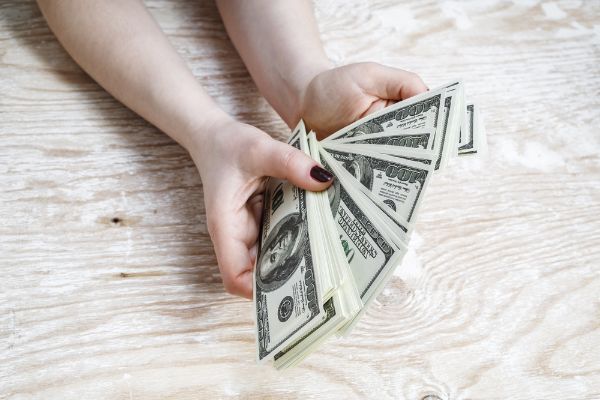Sustainable-sneaker company Allbirds debuted on the stock market this Wednesday at $21.21, 41% higher than their offer price of $15 per share on the market.
Shares of the California company at last check went up 62% to $25.30. They have traded on Wednesday at as high as $26.30, up 75%.
AllBirds raised up an initial public offering and valued its shares higher than its marketed range to bring in $303 million.
On Tuesday the company said it raised the money after pricing its IPO over the top end of estimates. After marketing 19.2 million shares priced from $12 to $14, It priced 20.2 million shares at $15 apiece.
16.3 million shares were sold in total, by Allbirds and 3.8 million by other current stockholders.
The underwriters also have an option to purchase as many as 504,645 more shares from the Allbirds and up to 2.5 million more from current share holders.
The California company, backed by Franklin Templeton who is an asset manager, started trading on the Market Wednesday under the stock symbol BIRD.
Morgan Stanley leads the underwriters, along with Bank of America and JPMorgan Chase.
Created in 2015, Allbirds stated it would tap into public markets through what it said was a “sustainable public equity offering” as a social, environmental, and governance company.
Allbird’s pitch to shoe-buyers highlights the natural, sustainable materials used in its footwear, including castor bean oil, eucalyptus fiber and wool, as well as crab shells.
By Using “materials that are naturally derived serves as a competitive edge, as we make high quality products that are sustainable and that we think are better than synthetic alternatives across performance, style, and comfort” the San Francisco company stated in a SEC filing.
During the first half of 2021, the company’s net loss went to $21.1 million from $9.5 million. Revenue jumped 27% to $117.5 million from $92.8 million.
As investors search for more gains in the stock market, IPOs are routinely bringing in big money because of the hype, which sometimes is baseless, but other times turns out to be based in facts.
Author: Blake Ambrose






Comments are closed.